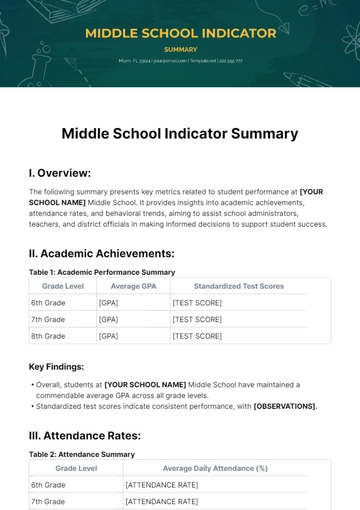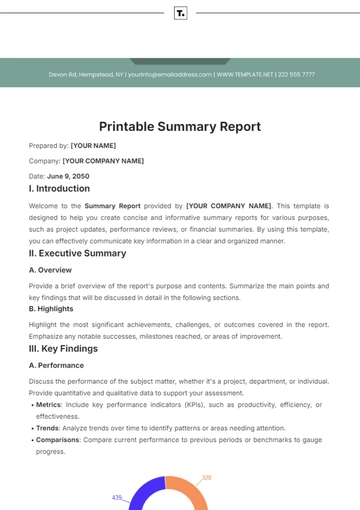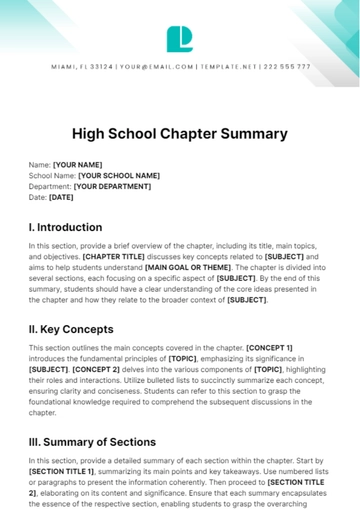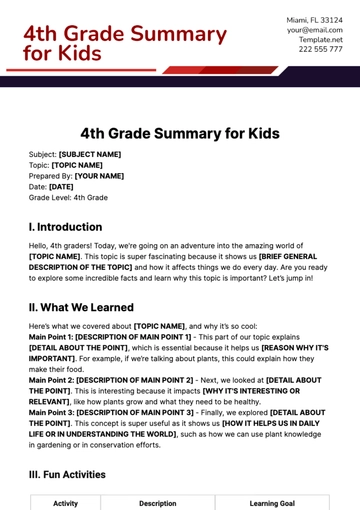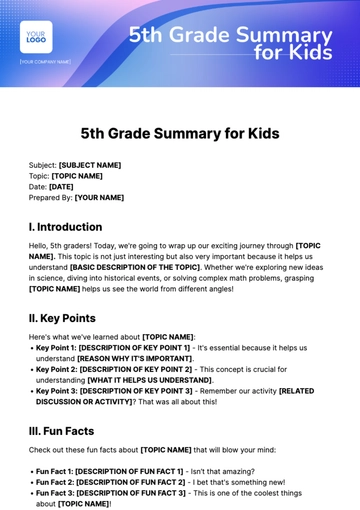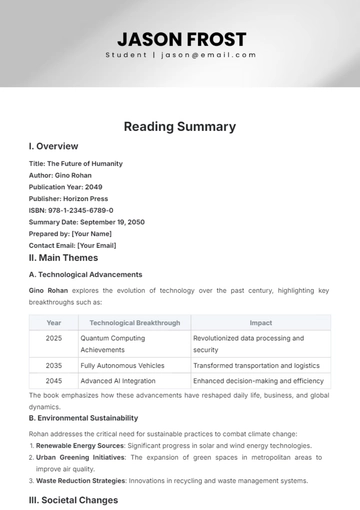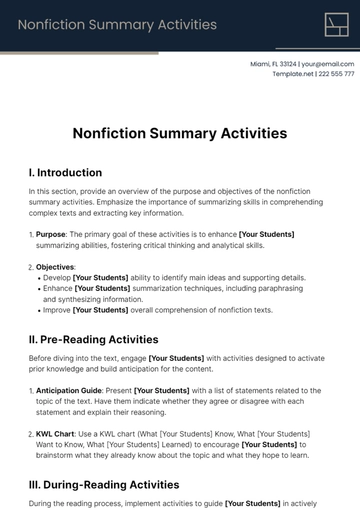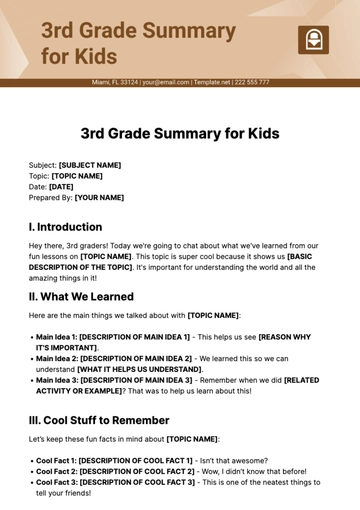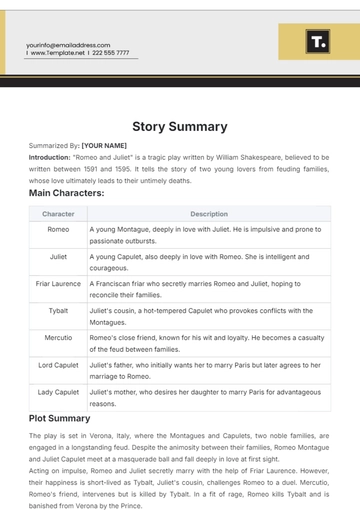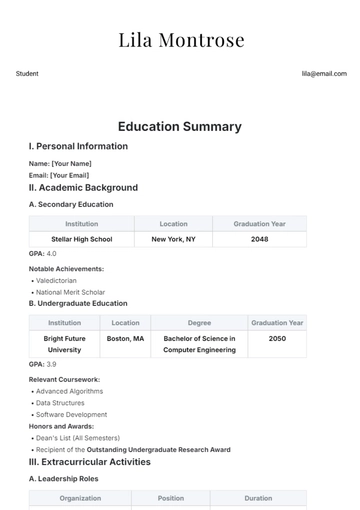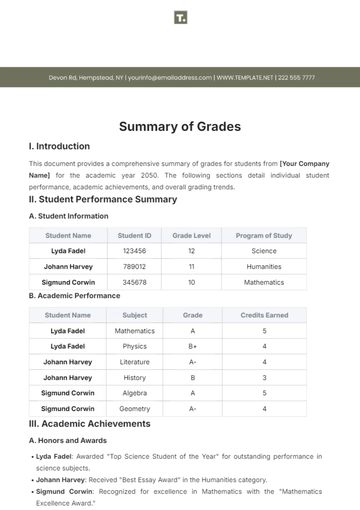Free Narrative Summary
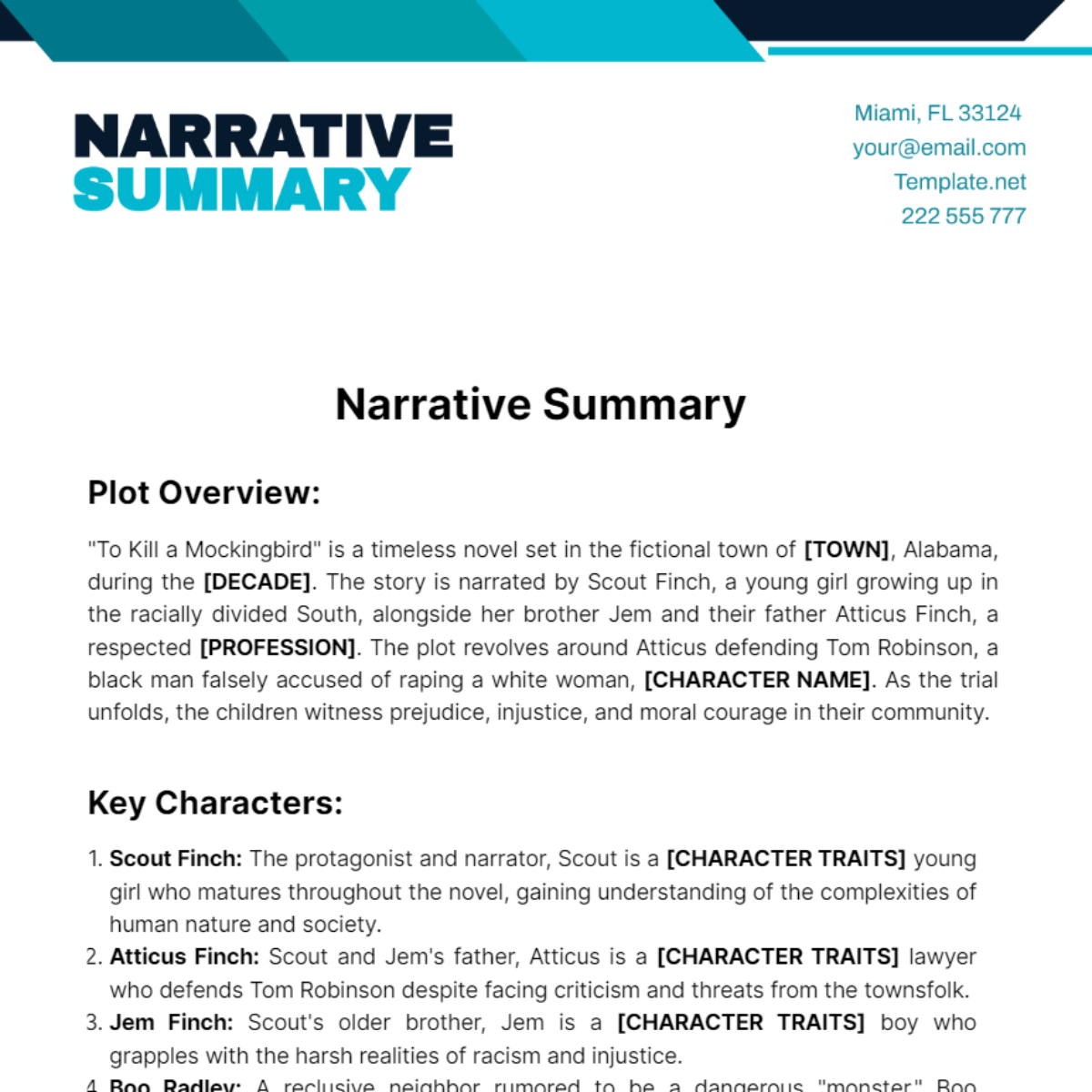
Plot Overview:
"To Kill a Mockingbird" is a timeless novel set in the fictional town of [TOWN], Alabama, during the [DECADE]. The story is narrated by Scout Finch, a young girl growing up in the racially divided South, alongside her brother Jem and their father Atticus Finch, a respected [PROFESSION]. The plot revolves around Atticus defending Tom Robinson, a black man falsely accused of raping a white woman, [CHARACTER NAME]. As the trial unfolds, the children witness prejudice, injustice, and moral courage in their community.
Key Characters:
Scout Finch: The protagonist and narrator, Scout is a [CHARACTER TRAITS] young girl who matures throughout the novel, gaining understanding of the complexities of human nature and society.
Atticus Finch: Scout and Jem's father, Atticus is a [CHARACTER TRAITS] lawyer who defends Tom Robinson despite facing criticism and threats from the townsfolk.
Jem Finch: Scout's older brother, Jem is a [CHARACTER TRAITS] boy who grapples with the harsh realities of racism and injustice.
Boo Radley: A reclusive neighbor rumored to be a dangerous "monster," Boo ultimately emerges as a [CHARACTER TRAITS] figure who protects the children.
Tom Robinson: A black man falsely accused of raping [CHARACTER NAME], Tom represents the victims of racial prejudice and injustice in [TOWN].
Themes:
Racism and Social Injustice: The novel explores the pervasive racism and prejudice prevalent in the [REGION] during the [TIME PERIOD], highlighting the unjust treatment of African Americans in the legal system and society.
Morality and Compassion: Through Atticus Finch's moral integrity and compassion, the novel emphasizes the importance of empathy, understanding, and standing up for what is right, even in the face of adversity.
Loss of Innocence: Scout and Jem's coming-of-age journey involves the loss of their innocence as they confront the harsh realities of the adult world, including racism, violence, and injustice.
Community and Belonging: Despite its flaws, [TOWN] is portrayed as a tightly-knit community where individuals find connection, support, and a sense of belonging, albeit alongside deep-seated prejudices.
Conclusion:
"To Kill a Mockingbird" is a poignant exploration of morality, justice, and the human condition. Harper Lee's masterful storytelling and vivid characters illuminate the complexities of race, class, and gender in the American South, leaving a lasting impact on readers of all ages.
- 100% Customizable, free editor
- Access 1 Million+ Templates, photo’s & graphics
- Download or share as a template
- Click and replace photos, graphics, text, backgrounds
- Resize, crop, AI write & more
- Access advanced editor
Introducing the Narrative Summary Template by Template.net. Craft compelling stories effortlessly with this editable and customizable tool. Tailor your narrative with ease using our Ai Editor Tool. Elevate your storytelling game and captivate your audience. Unleash your creativity with this must-have resource for writers and content creators.
